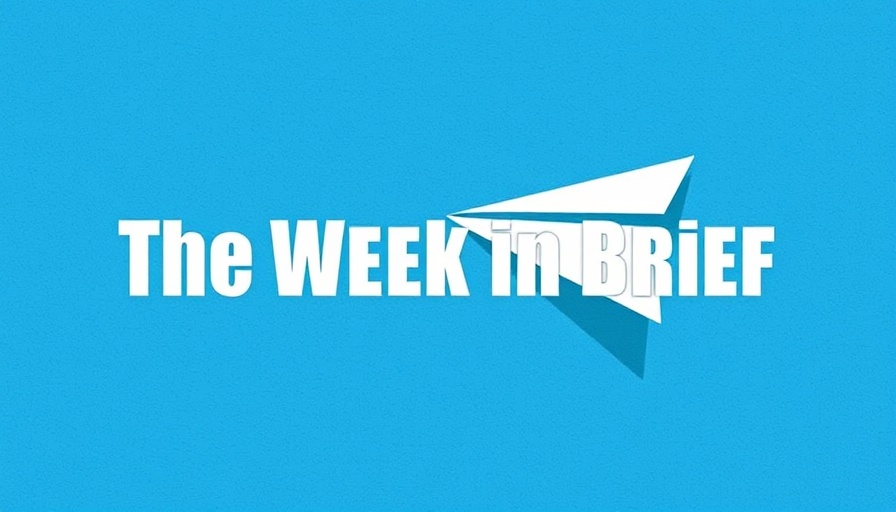
Understanding the Impact of Expiring Subsidies on Health Insurance Costs
As many consumers feel the pinch of rising costs, a specific area of concern has emerged: health insurance, particularly through the Affordable Care Act (ACA), commonly known as Obamacare. This year, enhanced subsidies designed to ease the cost of health insurance premiums are set to expire, potentially leading to increased expenses for many. In the upcoming months, families who depend on these subsidies might find themselves facing a tough financial challenge.
What Are Health Insurance Subsidies?
Health insurance subsidies are financial aids intended to lower healthcare costs, making health insurance more affordable for individuals and families. These subsidies can help people pay their premiums and out-of-pocket expenses, allowing them to access necessary healthcare, preventive care, and essential wellness resources. Without these subsidies, many families might struggle to maintain their health insurance coverage, directly impacting their overall wellbeing.
The Potential Effects on Families
In practical terms, the expiration of these enhanced subsidies could lead to higher premiums, which may cause families to evaluate their health insurance options more critically. Some might have to consider reducing their coverage or even forgoing insurance altogether, which could jeopardize their access to essential health services. The link between health insurance and overall wellness cannot be overstated—without proper coverage, families may face challenges in managing their health effectively.
A Focus on Preventive Care and Healthy Habits
For those who may find themselves unable to afford their current health insurance after subsidies expire, prioritizing preventive care becomes crucial. Preventive care, which includes regular check-ups, screenings, and vaccinations, can help catch potential health issues early and save costs long term. Additionally, families can invest in their health through lifestyle choices. Shifting towards a more balanced diet, regular exercise, and mindfulness practices can have significant positive effects on physical and mental well-being.
Weighting Options: Tips for Managing Costs
As families adapt to potential changes in their health insurance costs, there are strategies to manage potential financial burdens:
- Evaluate Available Plans: Take time to consider new insurance options available during open enrollment. Research plans that may offer better rates or coverage to ensure access to essential services.
- Improve Financial Literacy: Understanding health insurance terminology, the coverage options available, and how to navigate benefits can empower consumers to take charge of their health.
- Emphasize Wellness: Focus on integrating wellness practices into daily routines. Simple habits like cooking healthy snacks, engaging in home workouts, or practicing meditation can support both physical and mental health.
Looking Ahead: The Future of Health Insurance
As we look to the future, experts emphasize the need for health policy reform that prioritizes access to affordable healthcare. Collaborative approaches that unite individuals, families, and healthcare providers can create pathways to sustainable living and preventative health strategies. By becoming informed and engaged consumers, families can advocate for improvements that positively affect their health and well-being.
Conclusion: The Importance of Health Literacy
Ultimately, as healthcare costs and insurance landscapes evolve, proactive engagement with health literacy and wellness practices will be essential for everyone. We must focus on maintaining not just our physical health but also our mental health and emotional well-being. The future may present challenges, but by investing in health knowledge and cultivating healthy habits, we can navigate these changes more effectively. Armed with awareness and resources, we can foster a culture of well-being that prioritizes both physical and mental health for all.
 Add Row
Add Row  Add
Add 




Write A Comment